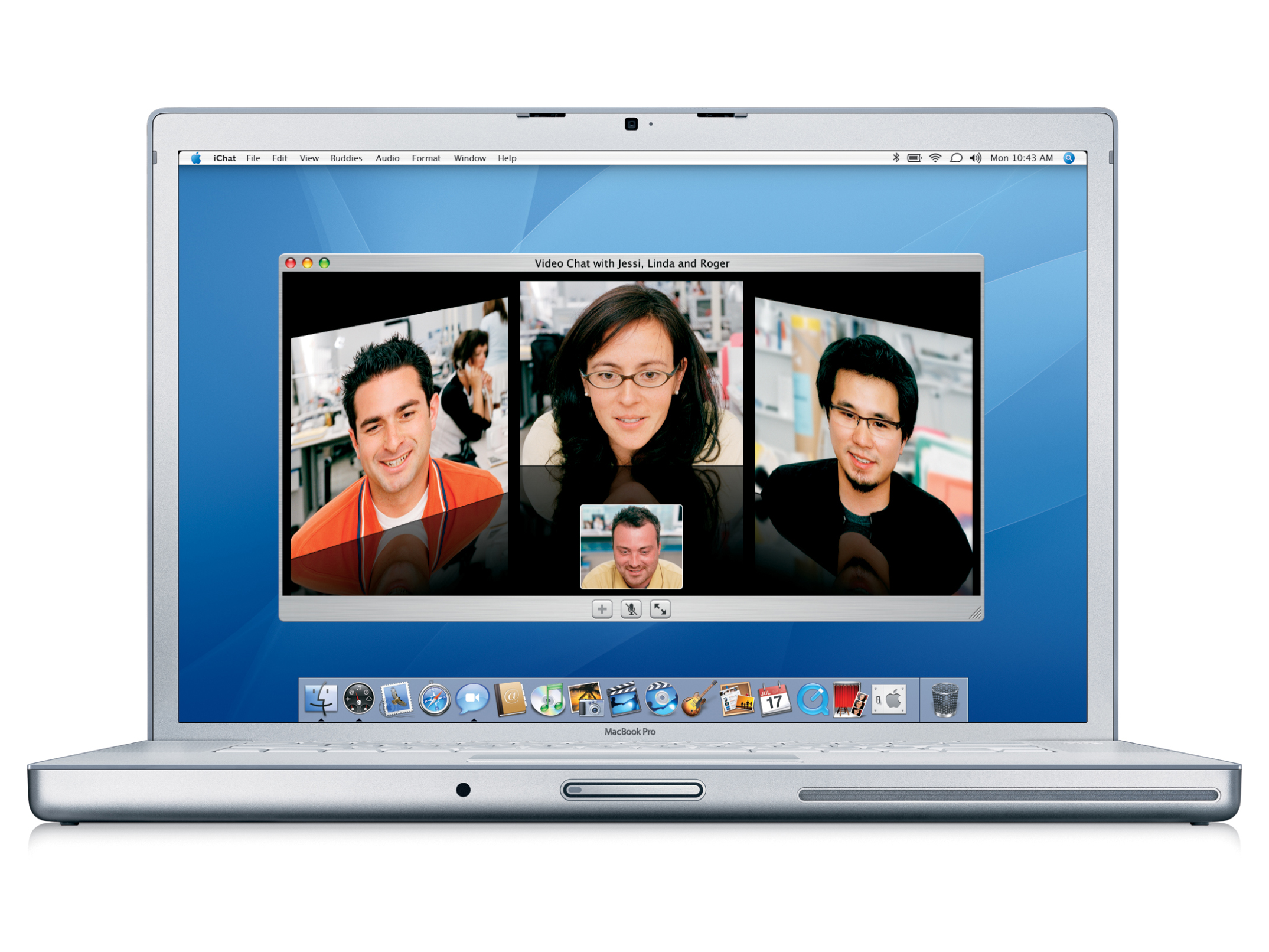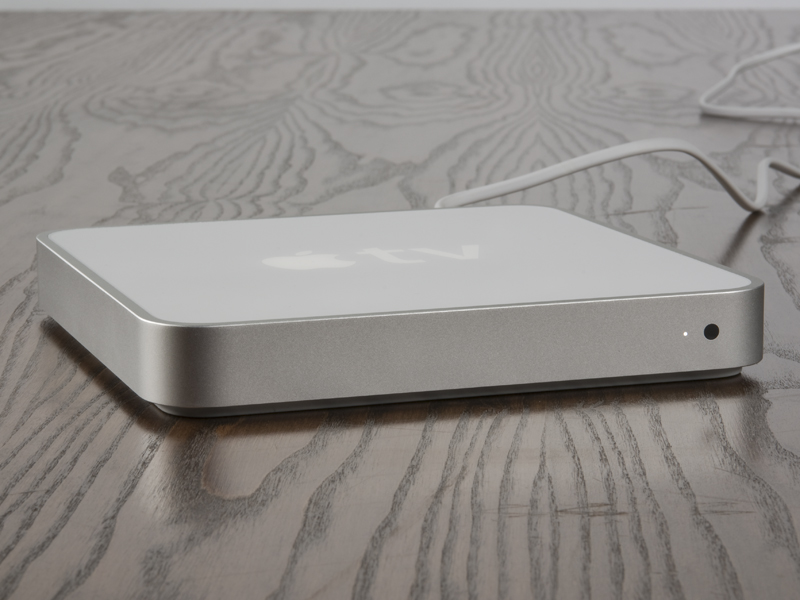Sign up for breaking news, reviews, opinion, top tech deals, and more.
You are now subscribed
Your newsletter sign-up was successful
3. Build quality
The prosecution
Exploding iPhones. iPods and Macs that catch fire, dodgy marketing claims that can't be met by the real world demands upon the product.
Apple isn't the BMW or Mercedes or computer makers - some days its products would make a five-year-old blush. If the company continues to demand a premium for its products, it had better make damn sure its products are up to snuff. In a great many cases, it doesn't.

MACBROKE: Some MacBook Pros suffered a faulty graphics card
Apple is guilty of placing too much emphasis on the demands of its marketing and design arms, and not enough on quality engineering. Apple's obsession with secrecy also stops its products – both software and hardware – from being rigorously tested in the field, which is why you end up with problems – from blue screens of death on Leopard to oily palm marks and faulty video cards on MacBooks.
The defence
Sign up for breaking news, reviews, opinion, top tech deals, and more.
A lot of the claims about hardware 'failure' actually have dubious merit, which is why Apple investigates them. Firstly to establish that fraud isn't taking place; secondly to ensure that if there are real problems they can be investigated and a remedy found.
Where problems have been found in the past, Apple has issued recalls and fixed them for free, but often the problems aren't of Apple's making – remember the dodgy laptop batteries of a couple of years back? It affected a wide range of PC makers, not just Apple, and the problem was laid squarely at Sony's door.
It's also true to say that when you have a product as successful as the iPod, iPhone or even the Mac, there are inevitably going to be a few rogue examples that don't measure up – it's something all manufacturers have to deal with.
Apple has a 14-day returns policy, offers a free 1-year limited warranty and offers an extended 3-year warranty called AppleCare. All Apple products are subject to continuous assessment and improvement – which is why Apple's latest MacBook Pros offer a unibody enclosure, designed to make them more robust.
4. Innovation
The prosecution
The world's 'most innovative' company simply doesn't innovate any more. It's been two years since the launch of the iPhone, and all we've had since then are some unexceptional software and hardware updates.

TV FLOP: Apple TV hasn't been Apple's finest hour
In many cases Apple has actually fallen behind the market – it still doesn't offer a netbook or tablet PC, you can't buy a Mac with a built-in Blu-ray drive and even the iPhone has stalled – Apple still only offers one form factor, when surely it should have come up with a variety of different models – and at different price points by now.
The innovations it has introduced have flopped: Apple TV being a prime example. Even Microsoft has more interesting hardware these days – just take a look at Courier.
The defence
Wow. Let's take a look, shall we? Most companies would struggle to come up with one true innovation in a lifetime let alone several – Apple has the Mac, the iPod and the iPhone for starters.
Apple continues to lead, while other PC makers – hardware and software – follow. It has come up with a raft of innovative features in the last couple of years, from the unibody construction of the MacBook Pro, to Grand Central Dispatch and Open CL in Mac OS X 10.6 Snow Leopard. Snow Leopard also sets the stage for future OS innovations.
Apple has also had a hand in helping Intel develop a simplified, multi-protocol interface for high-def displays with Light Peak. There's also more to innovation than just being first – there's also being right. Apple didn't invent the portable MP3 player; its innovation was doing it better than everyone else. It didn't invent the smartphone, but the iPhone solves a lot of the problems rival smartphones created.
Apple argues that it's not interested in making a netbook, chiefly because it already has the iPhone – which is powerful, pocketable PC. It doesn't follow that Apple is completely immune to the idea – and there's plenty of evidence to suggest that it is prepping a consumer tablet PC for launch early next year. But it'll only do so when it can offer something truly innovative to users, and that it can charge a premium by doing so.
5. Security
The prosecution
Apple is complacent about security, despite increasing evidence that hackers are now targeting the Mac with malware, worms and other threats.
Its apparent security strength is more of a result of the Mac platform's obscurity than anything else. The Mac operating system still switches off the built-in firewall by default and the latest version – Mac OS X 10.6 Snow Leopard – actually shipped with a vulnerable version of Adobe Flash that left Mac users who installed the software open to attack.
Additionally, the malware 'protection' Apple offers in Snow Leopard is laughably poor. It doesn't even address all the current threats to the Mac platform. Oh, and the iPhone's anti-phishing protection doesn't work.
The defence
Of course it's right that Apple should take malware threats seriously – and there's plenty of evidence it does.
It offers regular security updates for its operating system and associated software. It's actually taken a great deal of trouble in Snow Leopard to beef up security at the ground level; and to warn users against installing unverified applications.
Both the Mac and iPhone have nothing like the legions of hackers lined up against them that Windows has – Microsoft's own December 2008 security report showed that millions of PC worldwide are infected with malware.